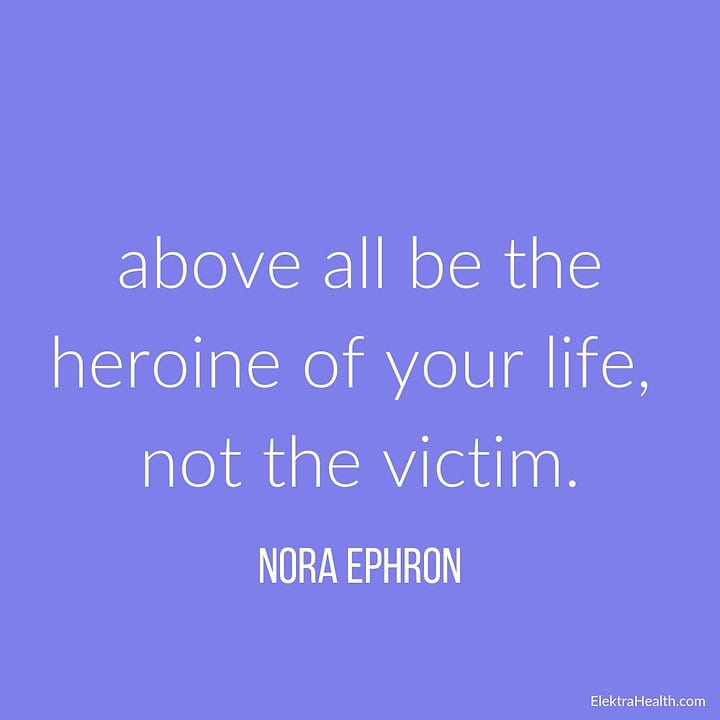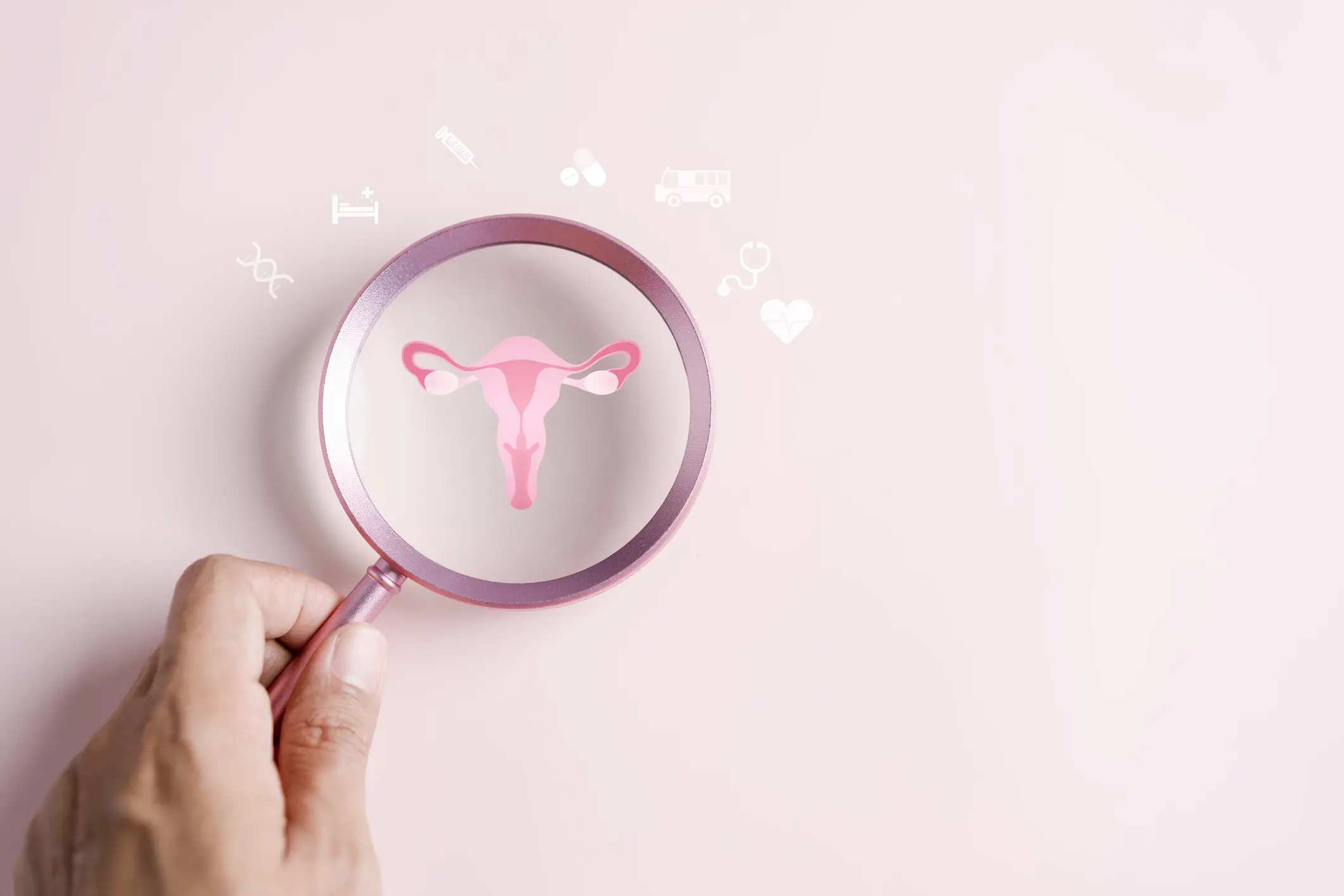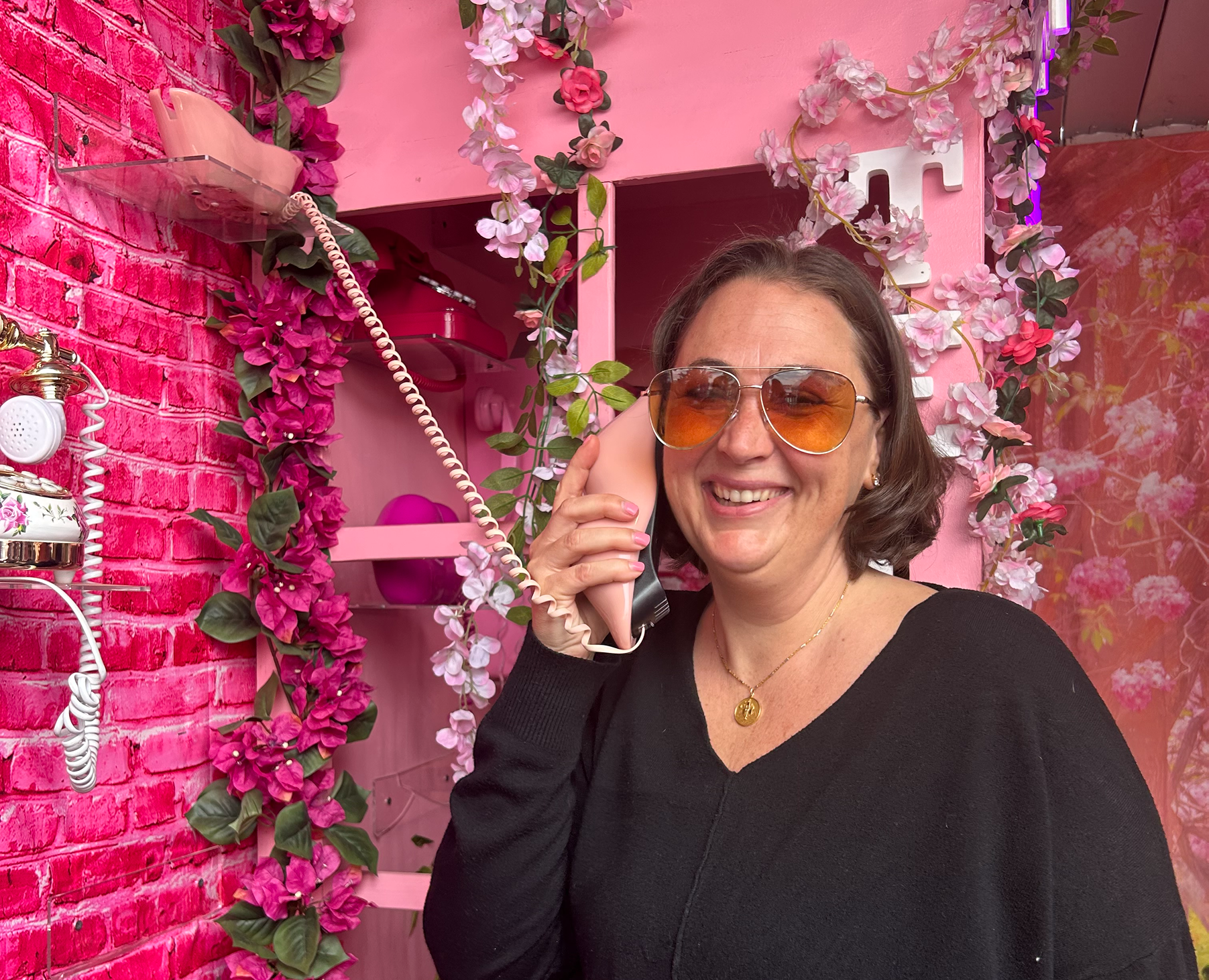
Published on May 24, 2019
Last modified on Mar 04, 2021
Top Things To Know About Menopause In Your 30s, 40s, 50s, and 60s
4 min read
Many of us assume we’ll deal with menopause in our 50s. That’s when all the action happens, right? It’s true that the average age of menopause is 51, but it’s not just a 50-something concern. In fact, the full transition—from the very first signs and symptoms of perimenopause to menopause to our post-menopausal years—is something that might arrive as early as our 30s and linger into our 60s or even 70s.
So many women are uninformed about this hormonal change and therefore unprepared for what they might face in menopause. Here are the top things to know about menopause in your 30s, 40s, 50s, and 60s.
30s: There’s such a thing as early menopause

Most women enter perimenopause in their early- to mid-40s, about 10 years before menopause, but there’s also a lot of variation. As Dr. Anna M. Barbieri, M.D., OB/GYN at Mount Sinai School of Medicine explains “Usually, perimenopausal symptoms are noticed by women in their 40s, but they can start as early as your mid- to late-30s.”
It’s also possible to go through menopause early, which is also referred to as “premature” menopause. This occurs in about 1% of women in the U.S. You are technically in premature menopause if you have reached menopause—which means you’ve gone 12 months without a period—and you are under 40. This is can occur for a host of reasons, including genetic factors, metabolic issues, or autoimmune conditions.
If menopause occurs suddenly and spontaneously before 40, it’s referred to as “premature ovarian failure.” You can also go through premature menopause as a result of surgery or chemotherapy, which is the case for about 8 out of 100 women.
40s: There’s no official test for perimenopause
You think you’re in perimenopause, but how do you know for sure? Unfortunately, there’s no one test or symptom that officially determines perimenopause. Instead, your doctor will evaluate your age, symptoms, and menstrual cycle and health history. Unless your symptoms are out of the ordinary or you’re going through menopause early, lab tests are rarely done. Your doctor might check your estradiol (E2) and FSH levels, but this is more often done to rule out a thyroid issue, which can affect your hormone levels.

According to the Mayo Clinic, a good rule of thumb is that if your menstrual cycle changes by more than seven days, you’re likely in the early stages of perimenopause. If you notice 60 days or more between periods, you’re likely in late perimenopause. If you think you might be in perimenopause, it’s a great idea to track your cycle and any symptoms you experience and share this info with your doctor to create a proper care plan.
50s: Your bones need some extra TLC
You’ve probably heard about the link between bone health and menopause. But did you know that a woman can lose 20 percent of her bone density during the five to seven years following menopause? It’s true. And since osteoporosis—a disease that weakens the bones, which can lead to sudden and unexpected fractures—can progress for years without any symptoms or pain, it’s something we should all have on our radar.

Like many health issues that crop up during menopause, estrogen is at least partly to blame. According to Cleveland Clinic, there’s a direct relationship between the lack of estrogen women have after menopause and loss of bone mass. We are also not building as much new bone at this point in our lives, which creates the perfect storm of factors.
So what can you do about it? It’s important to know that combating osteoporosis during menopause isn’t as simple as just popping a calcium chew once a day. Your whole lifestyle matters. Avoiding drinking excessively and smoking are great place to start. In addition, certain medications can increase your risk for bone loss, so speak to your doctor about the side effects of any medications you’re currently on. Exercise, especially weight-bearing exercise, is one of the best ways to protect your bones in the long-term.
As for calcium, it’s recommended that people over 50 get 1,200 to 1,500 mg of calcium each day. But contrary to popular belief, you don’t need to get your daily dose of calcium from dairy. In fact, foods like sardines, arugula, and tahini have more calcium than milk. Other nutrients like vitamin D and magnesium are also proving to be important—if not just as important as calcium—for lifelong bone health.
60s: You might still be having symptoms—and you’re not alone.
For years it was assumed that all women experience menopause similarly and that symptoms only last a year or two, but research has shown that the severity and duration of symptoms are very different from woman to woman. Typically, perimenopausal symptoms last about 5 years—and peak about one or two years before you reach full-blown menopause—but for many women, that’s not the case at all. In fact, some women experience hot flashes into their 60s and even 70s and they can last for more than 15 years total; some women have symptoms that can only be described as unbearable, while some women have almost no symptoms at all.
If you’re still having symptoms like this in your 60s, talk to your doctor or look for a menopause expert close to you. There are options! Treatment options range from pharmaceutical drugs and practical lifestyle changes to natural remedies like herbs and acupuncture.

Menopause can feel overwhelming at times, as many of us have gotten used to our bodies acting and feeling a certain way. An important thing to consider at all ages is perspective—because it matters how you approach this time in your life mentally and emotionally. And finally, remember that you’re not going through menopause alone. Michelle Obama once said “I think it’s the worst thing that we do to each other as women, not share the truth about our bodies and how they work, and how they don’t work.” Talk to your friends, sisters, coworkers and arm yourself with knowledge and support. Many of us have been conditioned to think of menopause as an illness or disease that we have to deal with in isolation, but this couldn’t be further from the truth.
Helpful Links:
Contraception: You Need It Longer Than You Think — North American Menopause Society
Early Menopause — Australian Menopause Society
Women’s Wellness: 5 Things To Know About Early Menopause — Mayo Clinic
Hot Flashes FAQs — North American Menopause Society
How Will I Know I’m In Menopause? North American Menopause Society


